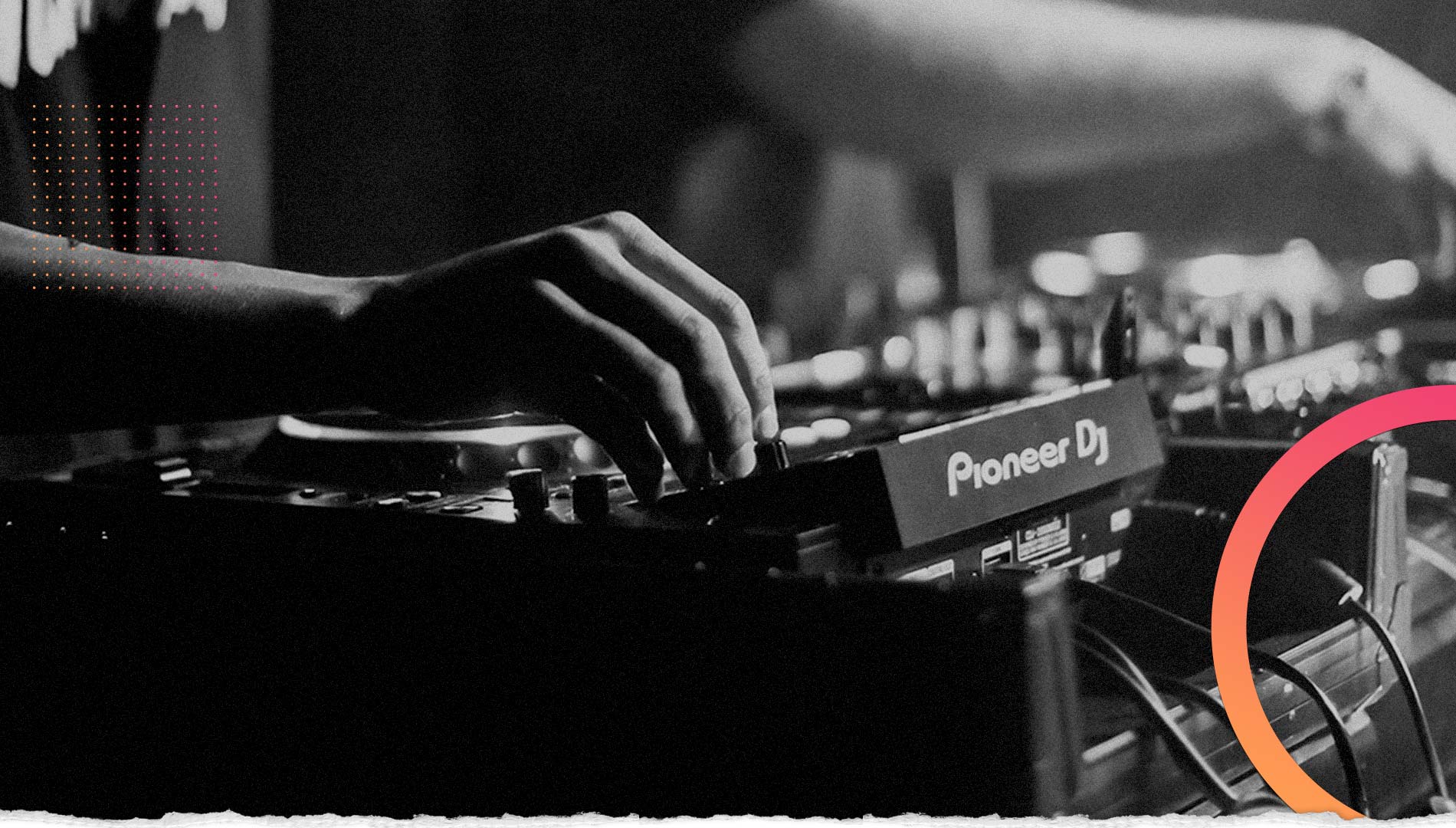Profit: Daniel Ek, Spotify’s founder and chief executive who is worth $2.8 billion, has announced that the company will shed 1 500 jobs. Photo: Bryan Bedder/Getty Images
As we approach the end of the year, music streaming platforms are unveiling the musical trends that have defined 2023. One notable platform, Spotify, recently released its annual “Spotify Wrapped” campaign, providing users with insights into their year in music, from personalised playlists to the overall top-performing artists.
Spotify is also shedding light on the financial side of the industry. The platform has said how much artists stand to earn based on the number of streams their songs accumulated throughout the year.
Taylor Swift claims the top spot this year, raking in a staggering $100 million in royalties. This achievement marks a dethroning of Bad Bunny, the Puerto Rican rapper and singer who had held the number one position for three consecutive years.
While this is undoubtedly a moment of triumph for Swift, it brings attention to the contrasting experiences of artists at the opposite end of the spectrum. Some artists find themselves receiving mere cents or, in some cases, nothing at all. This stark divide in earnings highlights the difficulties faced by smaller artists in Spotify’s royalty system.
For emerging or independent artists, Spotify’s current royalty structure often means minimal financial gains from the platform. South African guitarist Anton L’Amour has had to get off the platform for these very reasons.
“In my opinion, the most popular streaming platform should surely afford to pay the best rates,” he says. “The model they are working with is not fair for artists.”
L’Amour says that he made a measly $2 — all of R37.92 — over six months and in South Africa that cannot buy two loaves of bread.
Ever since he left the platform, he feels a massive sense of relief. “It feels like I have a clear conscience, like a burden has been lifted off my shoulders.”
He says there are plans to put his work on other platforms, obviously bearing in mind that most of them are exploitative by nature.
This situation has sparked debates in the music industry about the need for a more equitable compensation system especially for artists who are still building their fan base.
Looking ahead, Spotify has announced changes to its royalty payment system set to take effect in 2024. One significant shift is the introduction of a threshold — artists won’t receive substantial earnings from tracks with fewer than 1 000 streams.
Although this move aims to address some of the disparities in earnings, it also raises questions about how it might affect smaller artists who rely on the exposure gained from streaming platforms.
Staying on Spotify’s controversies, recently, the company disclosed plans to cut 1 500 jobs as part of a cost-cutting measure.
The company is valued at about $30 billion and its chief executive, Daniel Ek, is worth about $2.8 billion, according to Forbes magazine.
“Economic growth has slowed dramatically, and capital has become more expensive. Spotify is not an exception to these realities,” said Ek.
This is not the first time the organisation has undergone restructuring; in January, Spotify announced a 6% reduction in its workforce.
“In hindsight, I was too ambitious in investing ahead of our revenue growth,” Ek said in a statement earlier this year.
As Spotify navigates the juncture of music, finance and corporate strategy, the coming months will undoubtedly shape the platform’s trajectory in the dynamic landscape of the music-streaming industry.
As the year comes to a close, the intersection of music and economics takes centre stage. The spotlight on Spotify’s “Wrapped” campaign not only celebrates the diversity of musical tastes but also underscores the ongoing difficulties and conversations about fair compensation for artists.







